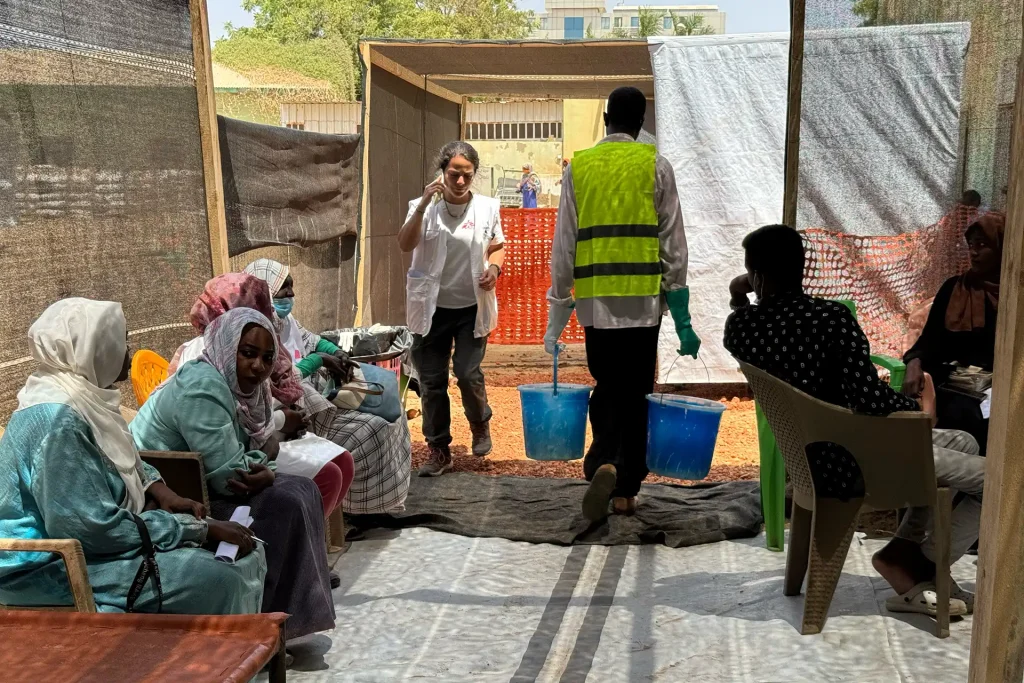In El Fasher, the capital of Sudan’s North Darfur province, nearly 40% of children under five are suffering from acute malnutrition, with 11% diagnosed with severe acute malnutrition, according to the United Nations.
The city, battered by conflict since April 2023, is grappling with a humanitarian crisis exacerbated by a cholera outbreak and critical shortages of food and clean water.
Dire Humanitarian Conditions
UN spokesperson Stéphane Dujarric reported on July 7, 2025, that El Fasher’s residents face “extreme shortages” due to the destruction or inoperability of water infrastructure, caused by neglected maintenance and fuel scarcity.
The conflict between the Sudanese Armed Forces (SAF) and the Rapid Support Forces (RSF) has devastated the city, displacing 780,000 people, including 500,000 who fled in April and May 2025.
Over 75% of Zamzam camp residents, near El Fasher, have relocated to areas around Tawila, where the UN and partners are delivering aid despite logistical challenges.
Cholera Outbreak Worsens Crisis
A cholera outbreak, fueled by the collapse of water and sanitation systems, has surged across Sudan, with over 32,000 suspected cases and 1,129 deaths reported in 2025, including 24 fatalities in South Darfur in the past week alone.
“Conflict and collapsing infrastructure continue to drive the spread of the disease and impede response efforts,” Dujarric said.
The outbreak compounds the malnutrition crisis, as severe diarrhea weakens already vulnerable children, with 2.9 million under-fives nationwide at risk of acute malnutrition, per UNICEF data.
Conflict and Displacement
Since April 2023, the SAF-RSF conflict has killed tens of thousands and displaced over 12 million people, with 4 million fleeing to neighboring countries like Chad and South Sudan.
El Fasher has endured some of the worst violence, with RSF attacks on hospitals and markets intensifying the crisis.
The UN warns that ongoing fighting and environmental stressors, including severe droughts and floods, threaten further deterioration.
Response Efforts and Challenges
The UN Office for the Coordination of Humanitarian Affairs (OCHA) is scaling up aid, delivering food, medical supplies, and water purification tablets to Tawila and other areas.
However, insecurity and damaged infrastructure hinder efforts, with only 13% of Sudan’s health facilities fully operational.
The World Food Programme aims to reach 8 million people in 2025 but faces funding shortages, having received only 26% of its $2.1 billion appeal.
Dujarric called for increased donor support and a ceasefire to enable unhindered aid delivery.
Looking Ahead
With Sudan’s conflict showing no signs of abating, El Fasher’s malnutrition and cholera crises underscore the urgent need for peace and robust humanitarian intervention.
The UN and NGOs are advocating for safe aid corridors and infrastructure restoration to avert further loss of life.
As the rainy season approaches, increasing flood risks, Sudan’s 26 million people—half its population—require urgent assistance to survive this multifaceted crisis.




















